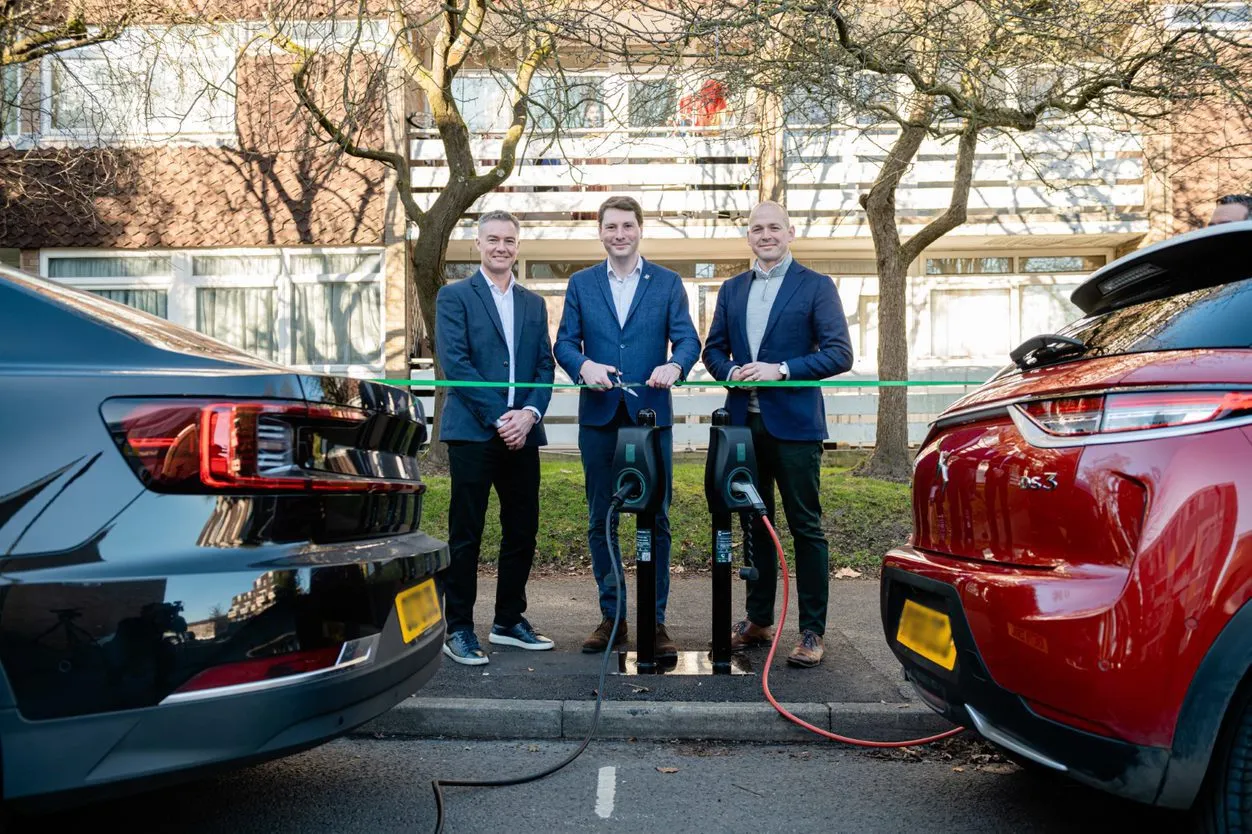
The rollout which is the largest deployment of EV chargers by a UK local authority, will see charge points installed at over 1,500 locations across streets and public car parks in Surrey to accelerate EV uptake in the area.
The contract will release up to £60million of investment from Connected Kerb to install public EV charging points both on-street and in public car parks. At present, there is one charger per 9,000 residents in Surrey, but the rollout will see this figure dramatically increase. The partnership expects to deliver over 5,000 fast charging points by 2027, including over 500 rapid charging points across the county.
Chris Pateman-Jones, CEO of Connected Kerb, said: “If one local authority can deliver such a significant boost to the UK’s charging network, just imagine what we could achieve by 2030 if every city, county, and combined authority was empowered to do the same. The recent Net Zero Review was clear – local authorities can become the driving force behind the rollout of charging infrastructure across the country, and our partnership with Surrey County Council is case and point.
“If local authorities are the door to a clean transport future, then charging networks like Connected Kerb are the key, providing the tools and expertise needed to unlock the transition at the pace and scale required to reach net zero. Although the Government’s estimate of 300,000 chargers by 2030 may feel ambitious, it’s eminently possible – and necessary – to achieve; this deal proves it.”
“Over the last two years, we’ve installed over 100 EV charge points in Surrey, and this has given us the opportunity to trial different suppliers and processes,” said Matt Furniss, cabinet member for transport, infrastructure and growth, Surrey County Council. “We have an established relationship with Connected Kerb and this contract will enable us to expand our network of charge points and speed up the installation process, to provide services to our residents faster.”









